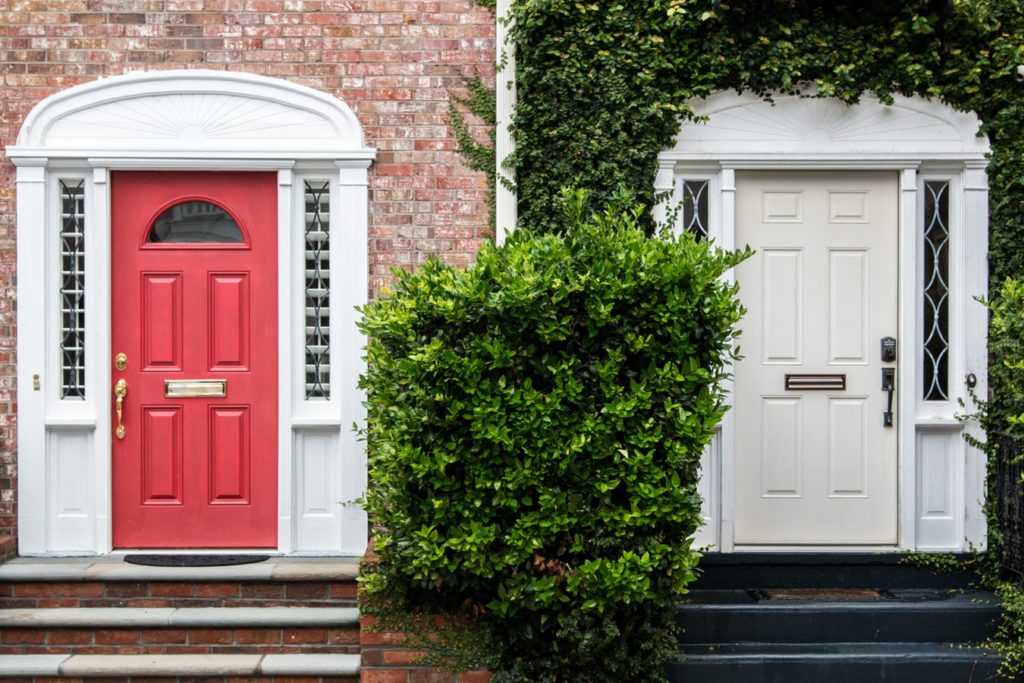
Buying a new home or piece of real estate is a big decision to make, wherever you live. From the coziest apartment to the biggest mansion, a place to call your own is always welcome, but what determines how much you pay for a property? There are so many factors that influence a home’s asking price, from condition to location.
Where the home actually is has a big say in property prices. A look at the UK’s housing market is proof of that – the average property price in London last month was £481,000 ($641,000). The UK’s average property price is a more modest £224,000 ($298,600), so buyers are likely to find better value homes in another city like Birmingham or Glasgow.
Properties in London are more expensive than elsewhere because of better public transport, more job opportunities and greater demand for housing. People tend to earn more living in London than they do elsewhere, so it seems right that properties in the city cost a little extra.
Bargains Overseas
Median property prices in the US are considerably lower than in the UK. A typical piece of real estate would go for $199,200, over 50% less. This is partly because the US property market is not as buoyant as the UK, whilst house prices in Britain have been on more of an upward curve for the past two decades.
The difference in average and median prices means that, for the price of an apartment in Central London, you could buy a four-bedroom detached property in many parts of America. For first-time buyers who are frustrated by the unaffordable nature of some homes in the UK, relocation across the Atlantic may be tempting.
Home by Home
When it comes to individual properties, their pricing comes down to more than just where they are. Their size, the number of bedrooms, parking space and appearance all play an important role in the final asking price. The more bedrooms (and bathrooms) a home has, the more expensive it is likely to be.
Homes that are left in perfect or near-perfect condition are likely to be more expensive. However, it does mean less work is needed to renovate the property when its new owners move in, saving them a little money in the process.
Preparing properties for sale involves making it look good before getting a valuation. This can be done by getting an agent to view the home, arrange advertising and sort out viewings. An online estate agent like Hatched can offer these services and help with the property’s sale.
Next Steps
Once a home has been valued and advertised, the next step is to wait for buyers to register their interest. If there is a lot of interest, the asking price could be moved up. If interest is low or non-existent, the property’s price could be reduced to entice people to buy.
Some of the property’s price will cover expenses such as tax and agent’s fees. If a property is sold, the agent who advertised the home will be entitled to a small percentage of the money received. If two similar homes in the same area have a few thousand dollars difference in asking prices, the more expensive home would cover higher agents’ fees.
